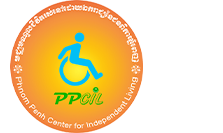Principles of IL
10 Principles of CIL
- Civil Rights-equal rights and opportunities for all; no segregation by disability type or stereotype.
- Consumerism-a person (“consumer” or “Customer” ) using or buying a service or product decides what is best for him/herself.
- De-institutionalization—no person should be institutionalized (formally by a building, program, or family) on the basis of a disability.
- De-medicalization—individuals with disabilities are not “sick,” as prescribed by the assumption of the medical model and so not require help from certified medical professionals for daily living.
- Self-help – people learn and grow from discussing their needs, concerns, and issues with people who have had similar experiences; “professionals” are not the source of the help provided.
- Advocacy – systemic, systematic, long term, and community-Wide change activities are needed to ensure that people with disabilities from all society has to offer.
- Barrier- removal – in order for civil rights, consumerism, de-institutionalization, de-medicalization, and self-help to occur, architectural, communication and attitudinal barriers must be removed.
- Consumer Control—the organizations best suited to support and assist individuals with disabilitites are governed, managed, staffed, and operated by individuals with disabilities.
- Peer role models – leadership for independent living and disability rights is vested in individuals with disabilities (not parents, service providers or other representatives).
- Cross-disability – activities designed to achieved the first five principles must be cross-disabilities in approach, meaning that the work to be done must be carried out by people with different type of disabilities for the benefits of all person with disabilities.

